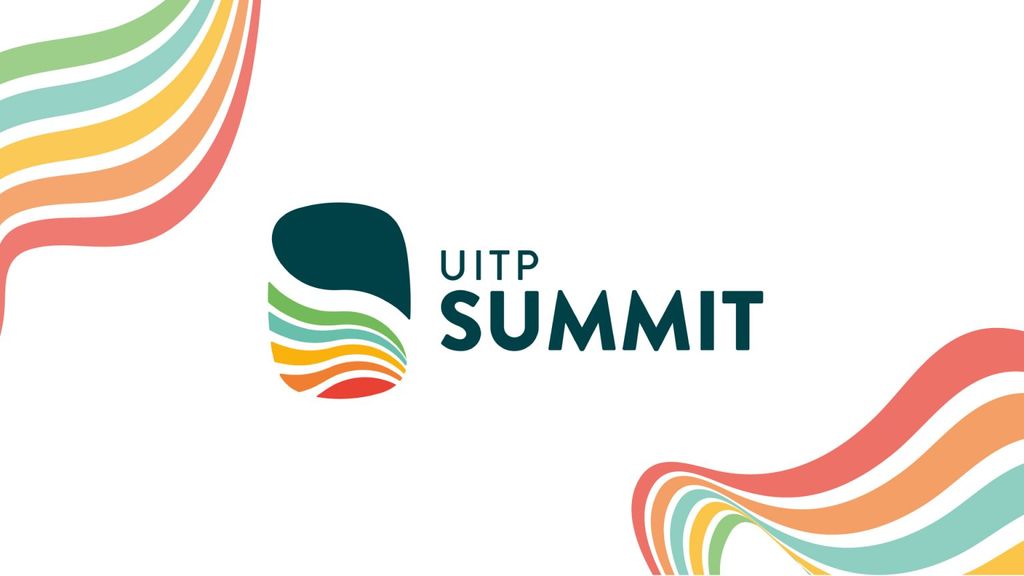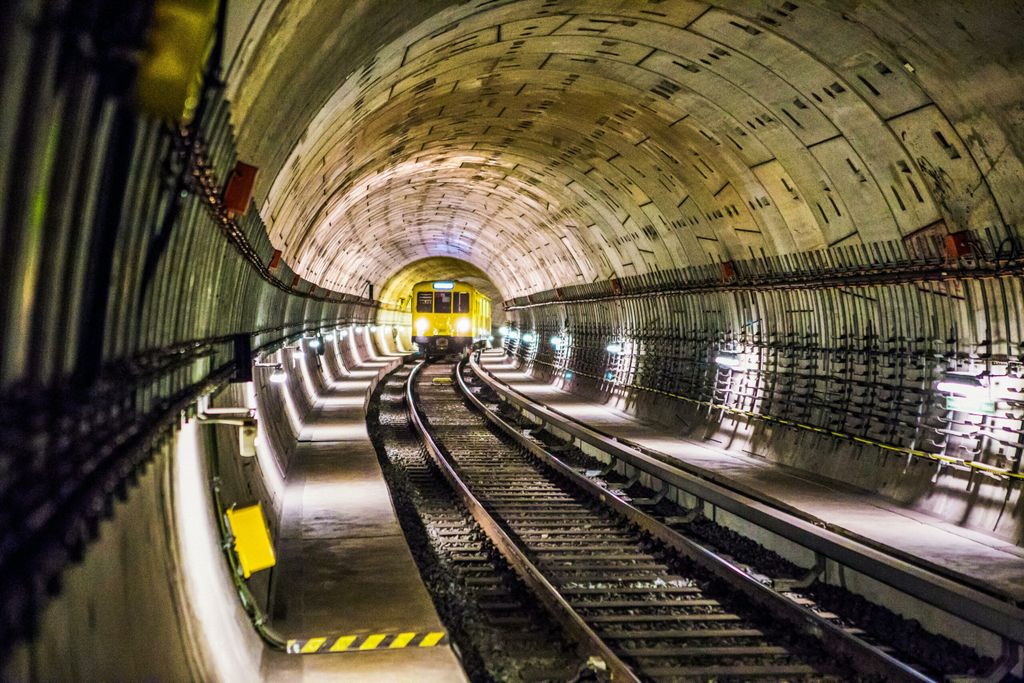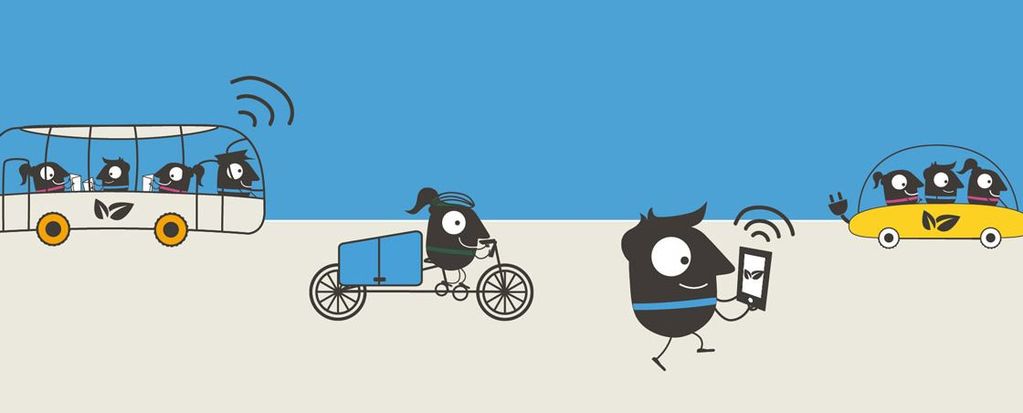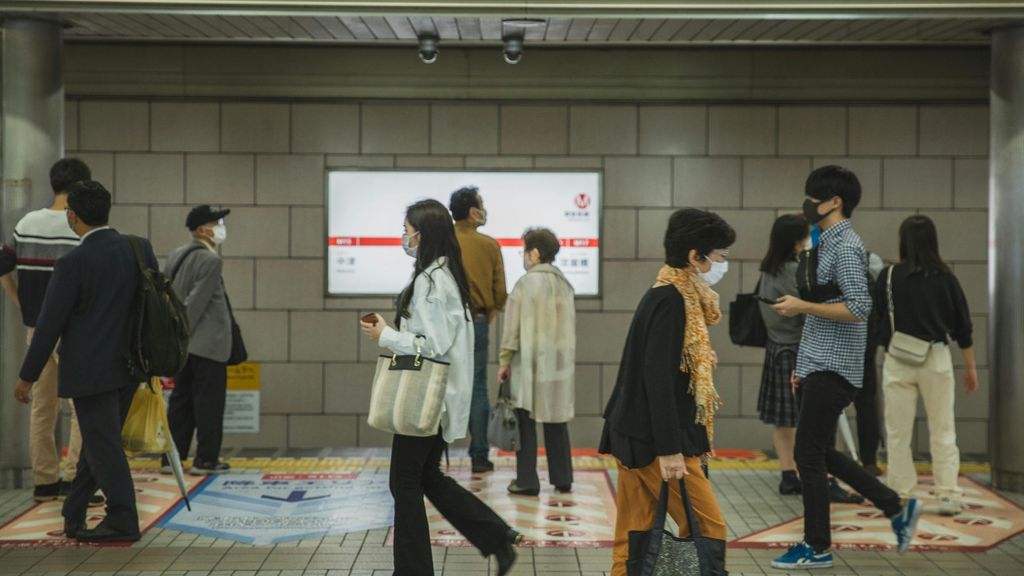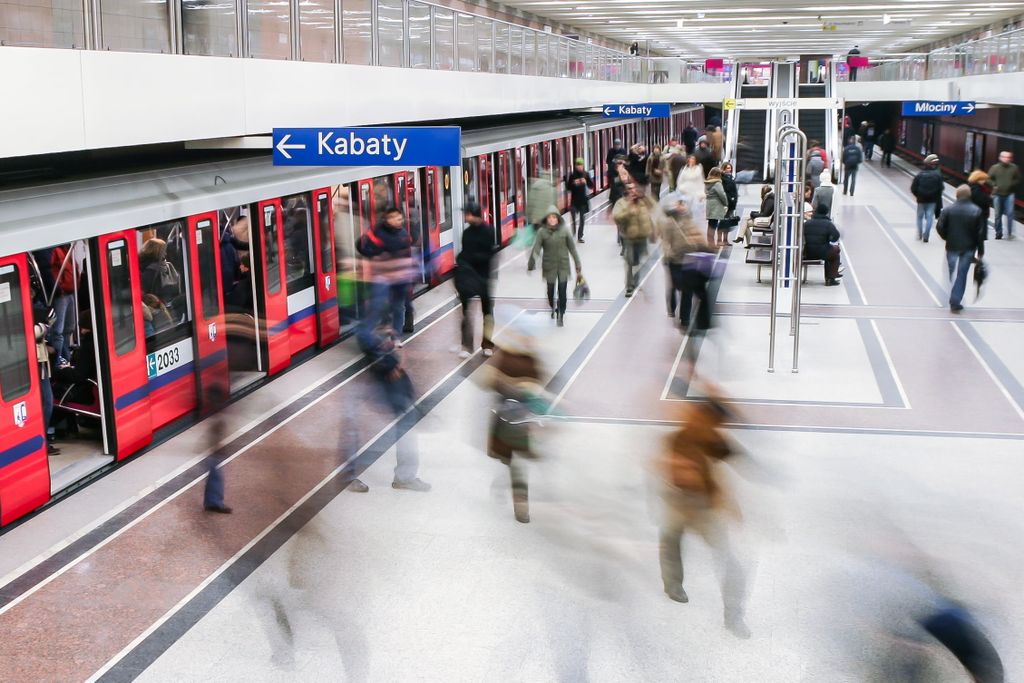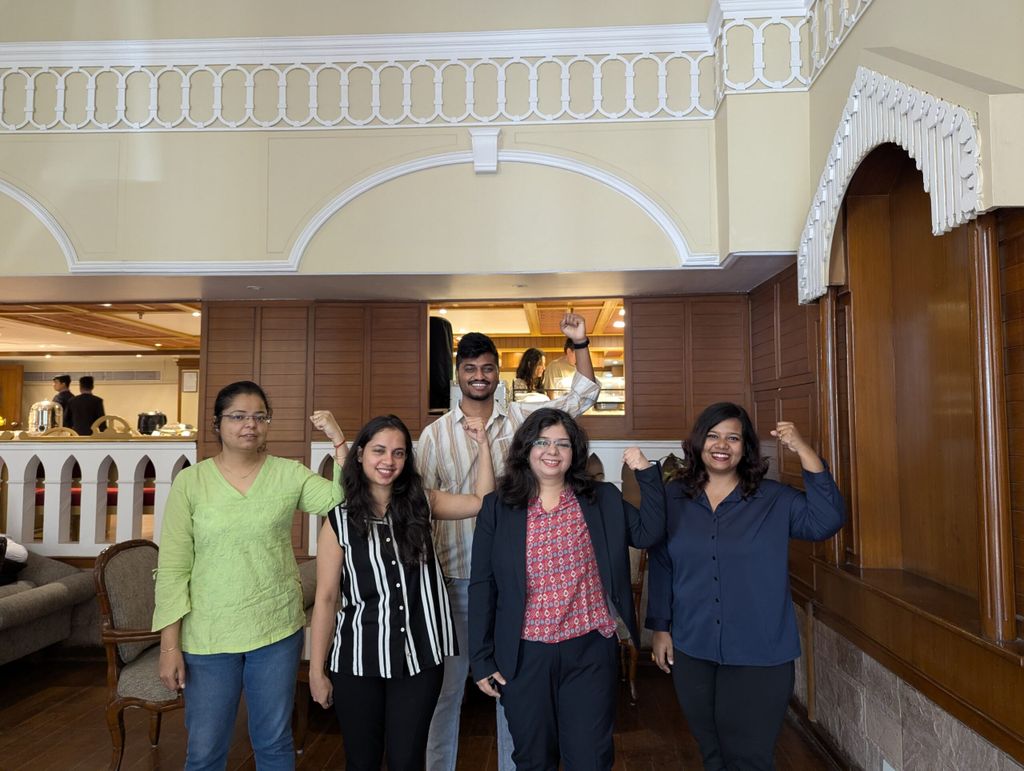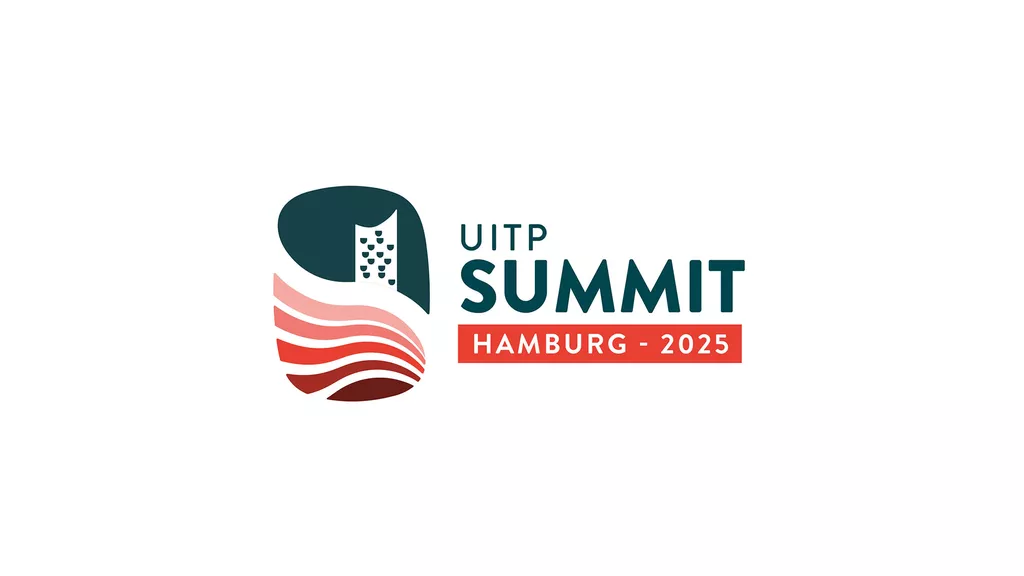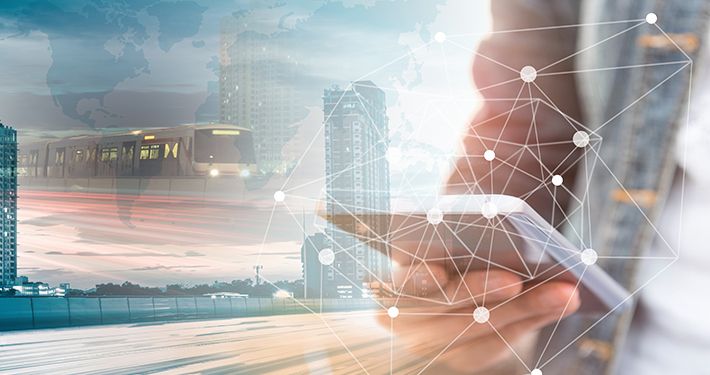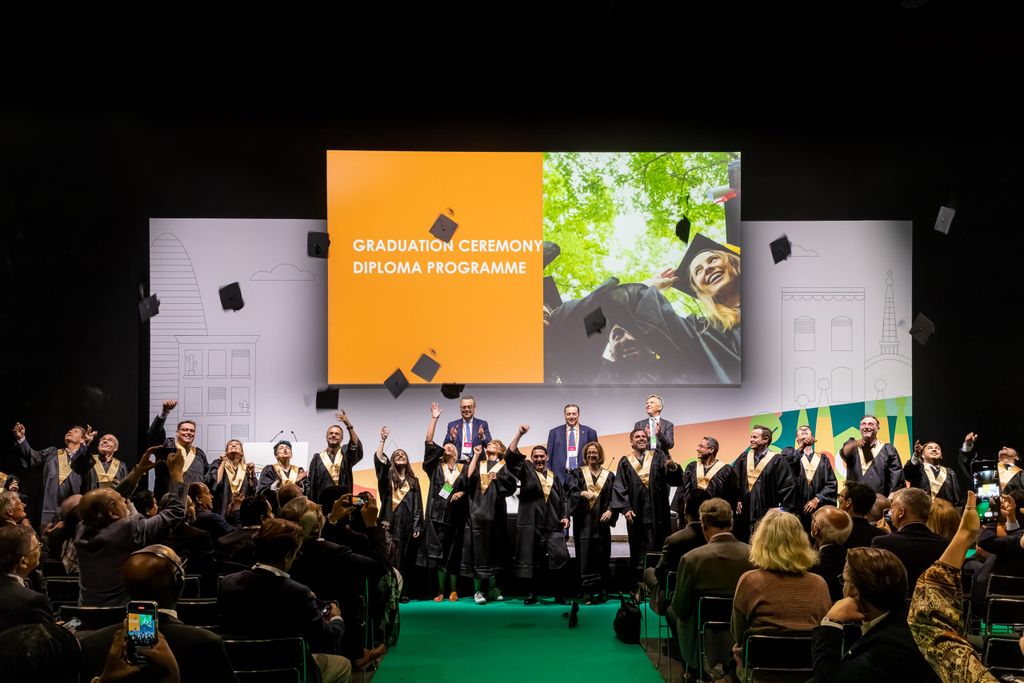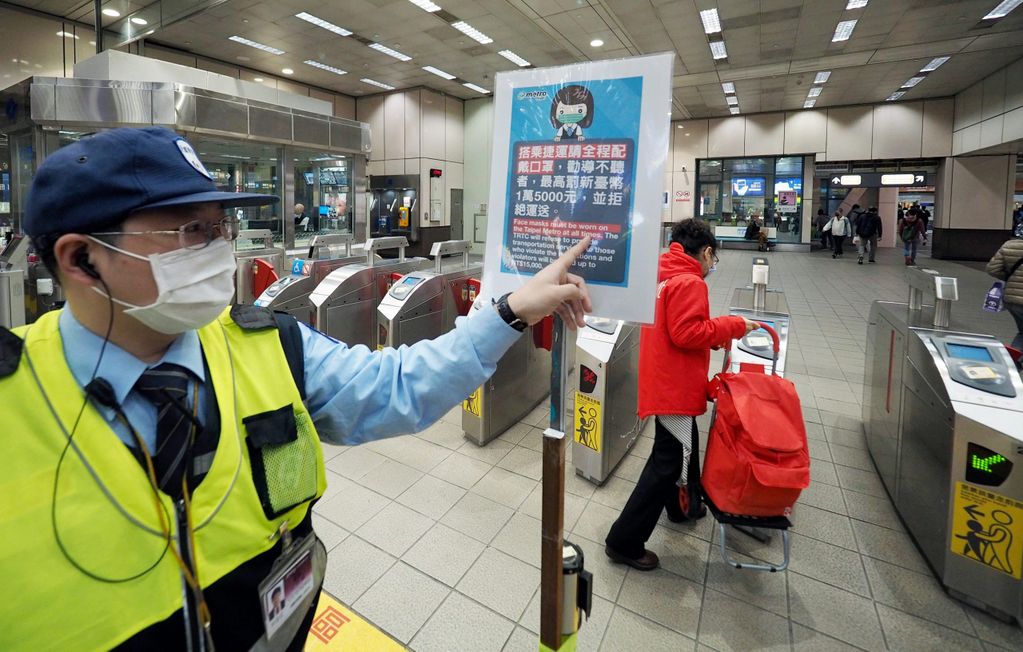
Guardians of Mobility: from the front lines of Taipei
There are many “unsung heroes” in times of crisis, and we recognise that our public transport professionals are some of them.
Our ‘Guardians of Mobility’, are an integral part of the front liners keeping essential services available throughout the coronavirus pandemic.
Over the course of these past few weeks, we have been sharing stories from our own community on what’s being done to keep public transport operations running around the world, and to shed a little light on our sector’s contribution to fighting this pandemic.
To conclude our series, we’re circling back to the region where the global crisis first began, as they give us a glimpse of what a few weeks or months into the future might look like for other countries where infection numbers are still on the rise. Today, we hear from Taipei Rapid Transit Corporation, sharing their experiences from the front lines.
Taipei Rapid Transit Corporation (TRTC)
As most of Europe and parts of North America slowly begin to ease lockdown restrictions, let’s take a look back to the region of East Asia. Being the first region to face the crisis, they are now in a new phase of dealing with this pandemic, with the objective being to keep the numbers of infected persons low and in control while society reopens and daily life continues.
In the bustling city of Taipei, public transport is an essential part of daily life, and Taipei Rapid Transit Corporation (TRTC) is doing their part to ensure services can continue running safely throughout this period.
Beginning with the first basic step of prevention, all surface areas in stations and trains continue to be thoroughly disinfected: a special team cleans all surfaces that come most frequently into contact with passengers every four hours, while the rest of the infrastructure is disinfected every eight hours or before every service.
We are aware of the enormous workload for us during pandemic, but feel it’s still necessary for the moment
The main challenge now is to rebuild confidence and trust in the use of public transport. To this end, the TRTC Board Chairman took the lead in filming a comprehensive disinfection video, detailing the cleaning route that takes place every four hours on the frequent contact areas, from inside train compartments, to sitting areas and escalators in stations.
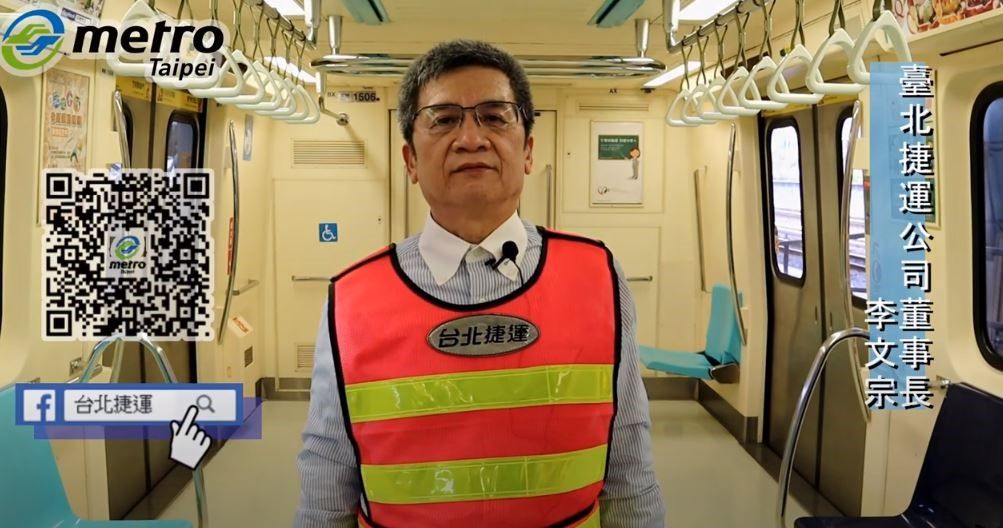
Our ridership levels have obviously dropped significantly since the start of this pandemic, and we know people are afraid, so we want to focus on open and honest communication with the passengers so they know exactly what’s being done to ensure their safety when they’re travelling with us.
In stations with large passenger volume, or those situated near a popular touristic destination, infrared thermal imaging devices are used to scan the body temperature of passengers entering the station. If a person has a body temperature higher than 37.5 °C, the person is sent to a re-check area where their temperature will be more accurately measured with an ear temperature check device. If the person’s temperature is 38°C or higher, they will be asked to fill in a fever risk assessment form to collect travel history, occupation, contact history and cluster situation (TOCC). This passenger will also not be allowed to ride, and depending on the severity of the fever or situation, the person will be escorted by a “quarantine taxi” or close family member, or otherwise taken directly to the hospital with an ambulance.
“We can’t afford to take risks at this stage, and it’s our responsibility as a service provider to ensure that we’re providing a safe place for all passengers to ride”, said Chih-chang Sheng, President of TRTC. “This is a necessary precaution, and one that builds trust in our services.”
In addition to hiring over 300 new staff to monitor and assist with the control and prevention measures in place, the Taipei Metro Volunteer Brigade has been of huge service to TRTC and their community, and continue to play an active role on the front lines. Many of the volunteers help with the monitoring and temperature testing in the busiest stations, as well as help answer passenger questions or concerns to the best of their ability.
While the future is still unknown, we are staying positive about the evolution of the pandemic in our city.
“While the future is still unknown, we are staying positive about the evolution of the pandemic in our city, and we remain motivated by the dedication and solidarity among our staff and volunteers that we’ve seen thus far”, said Chih-chang Sheng. “It’s truly amazing what we can do for this city when we work together.”
Thank you to the incredible efforts of our Guardians of Mobility in Taipei!
This is the last article in our ‘Guardians of Mobility’ series! Stay tuned as we turn our focus to the next challenge for the pbublic transport sector…
become a member

